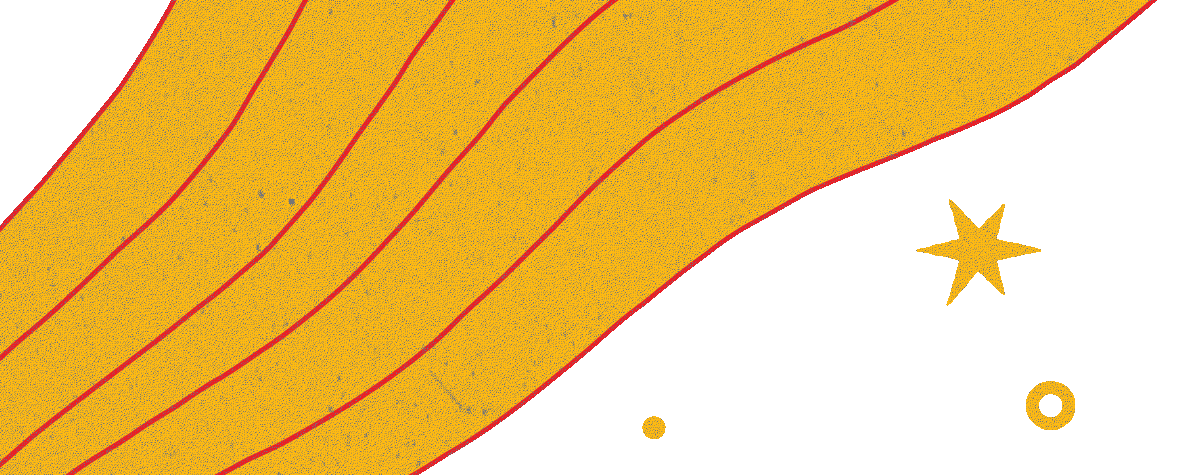Neu! (Astralwerks), Neu! 2 (Astralwerks), Neu! 75 (Astralwerks)
Stereolab fans of the world unite! For the first time ever, the “Jenny Ondioline” basement tapes and the Switched On unreleased demos are available domestically. Sort of. The droning, stop-start bliss-groove that defined Stereolab on 18-minute flagship “Jenny Ondioline” and other early work was actually pioneered by Neu!, a duo of Krautrockers who released three truly seminal albums from 1972-75, which until now, were only available at exorbitant import prices. Granted, Stereolab has always gone out of their way to name-drop the Krautrock bands, Neu! in particular, even when it was uncool to do so. Still, throw on “Hallogallo” off Neu!’s debut, and just try to pretend the head-bobbing beat, rhythm, and chord changes, even the drum fills, aren’t a mirror image of “Jenny Ondioline.” Yup. One of the most compelling, futuristic sounds of the Nineties, and it’s lifted almost straight from the Krautrock daze of 1972. Neu! duo Michael Rother and Klaus Dinger first collaborated as members of Kraftwerk, but split from the group in 1971 to implement a more organic and raucous musical vision. The result of their initial sessions with famed producer Conny Plank was a debut album with a pair of lilting, visionary tracks, “Hallogallo” and “Negativland,” and a great deal of sparse, meditative material. “Negativland” is a revelation, anchored by a thick, Can-style bassline that cuts out in fits and starts, kicking back in with locomotiv-like fury each time, and culminating in a series of raging squalls and a whiplash-inducing halt. When they reconvened for Neu! 2, the band ran out of cash after recording 20 minutes’ worth of material, and were forced to flesh out the album by making what was in effect the first remix album. Eleven-minute opener “Fur Immer,” another clear Stereolab precursor, is the highlight, as Dinger’s relentless machine-like drumming behind a blanket of analog fuzz points to a future where man’s rock & roll rage and technology’s linear flow fuse into one invigorating whole. The beat waxes and wanes, yet perseveres throughout the devilishly inspired Neu! 2, even as Dinger, Rother, and Plank speed up, slow down, cut, doctor, and mutilate the material, sometimes beyond recognition. On Neu! 75, Rother and Dinger’s visions are clearly at odds. Rother plants the seeds of New Age with his sparse, atmospheric ragas, while Dinger’s increased vocal presence and noisy vocal-filled rockers were an early influence on the nascent British punk movement that would emerge a year later.(Neu!, Neu! 75) ![]()
![]()
![]()
![]()
(Neu! 2) ![]()
![]()
![]()
![]()
This article appears in July 13 • 2001.




